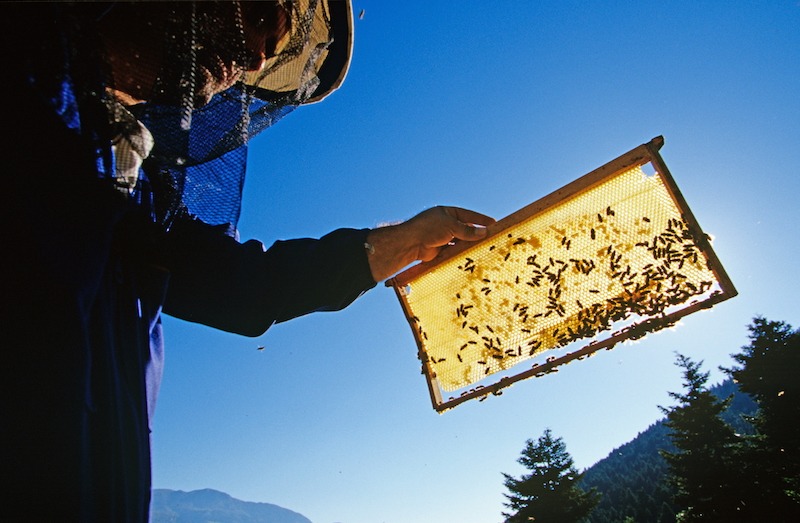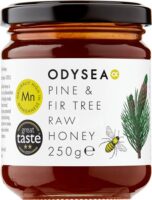Odysea secures significant victory in raw honey trading standards case

 Mediterranean ingredients producer Odysea has won the right to label its honey as raw in a landmark ruling against Trading Standards.
Mediterranean ingredients producer Odysea has won the right to label its honey as raw in a landmark ruling against Trading Standards.
The company argued that its honey was not heated above its natural temperature and underwent far less processing.
Judge Neville found in favour of the producer in the case.
The London Borough of Waltham Forest’s Trading Standards sought to ban the sale of Odysea’s honey as “raw” in October 2021. The Mediterranean ingredients producer countered that its honey was not heated above its natural temperature and underwent far less processing which has resulted in the landmark judgment.
Judge Neville ruled in favour of Odysea, stating that Odysea’s honey “would satisfy just about everyone as being raw honey” and recommended clearer industry guidance or regulation to assist consumers and producers in the future, which Odysea fully supports after winning this landmark case.
Odysea’s raw honey comes in five varieties which are packed in the village of Ilias in Central Greece. Ilias was recently devastated by floods and its livelihood depends on the sale of quality products, including Odysea’s honey. The honey is collected and prepared for commercial use under the caring and careful supervision of artisan bee-keeper Alexandros Gousiaris.
Odysea founder Panos Manuelides said the company is delighted with the tribunal decision.
“While honey is not our core business in terms of volume, our honey is incredibly important to us,” he added. “It is packed with minimal processing, filtered through a mesh, which is very similar to a home strainer, has naturally lower sugars and has an amazing taste. Its unique quality and taste has won accolades from independent judges in the Great Taste Awards.
“Of course, the consumer has a right to understand the difference between processed honey and raw honey,” says Mr Manuelides. “Which is why this ruling is so important. Our customers are keen to avoid processed foods and they identify with raw honey because of its superior flavour and nutrient profile. Clarity on the label will allow them to make an informed choice.”
Manuelides added: “We believed in our product, we went to court, and we were vindicated. We felt strongly that we had to make a stand for Odysea. We will not recoup the substantial legal costs, but, as a company, we place more value on our product integrity, fairness and justice. We also place more value in the community from which our honey comes which struggles to compete with industrially produced honey.”
Brian Kelly, partner at Covington, the law firm that acted for Odysea, said: “I am delighted for Odysea who staunchly defended their honey throughout the entire process. The judgment also provides greater clarity on how to interpret the underlying compositional standards for honey which will also be of interest to the sector in general.”
Related content
Source: foodanddrinktechnology.com

